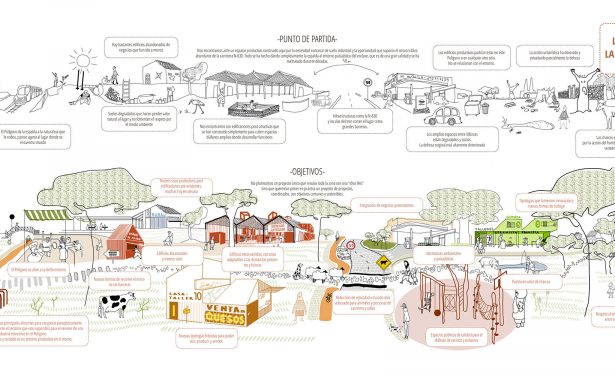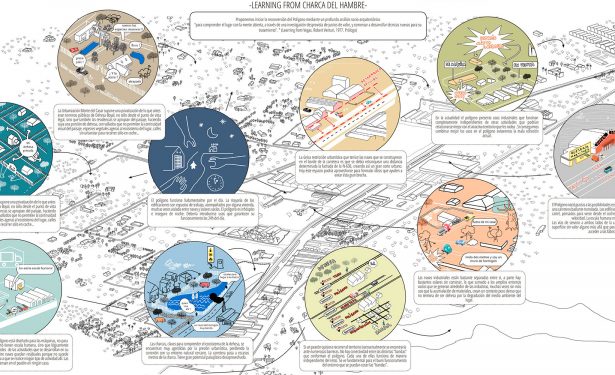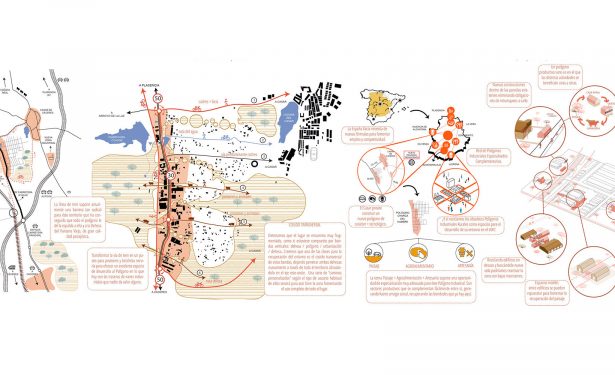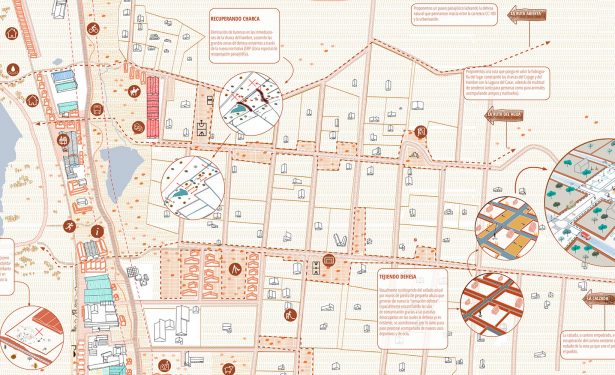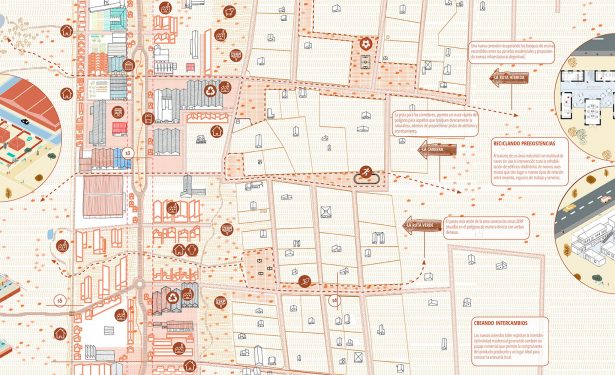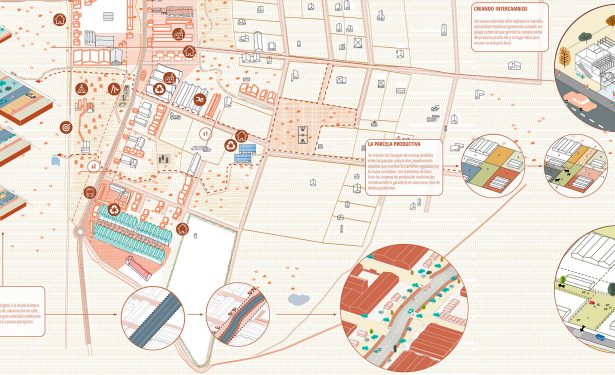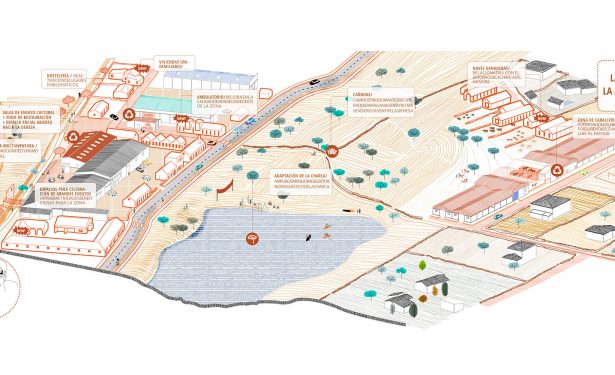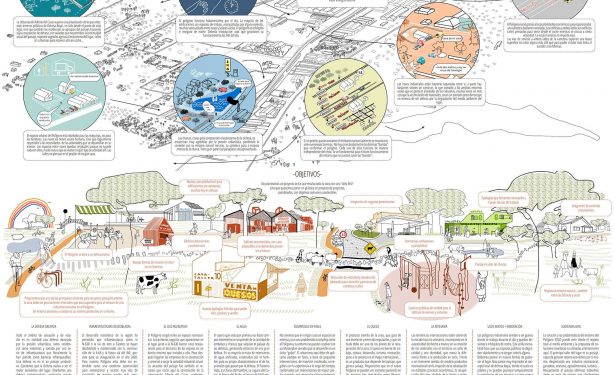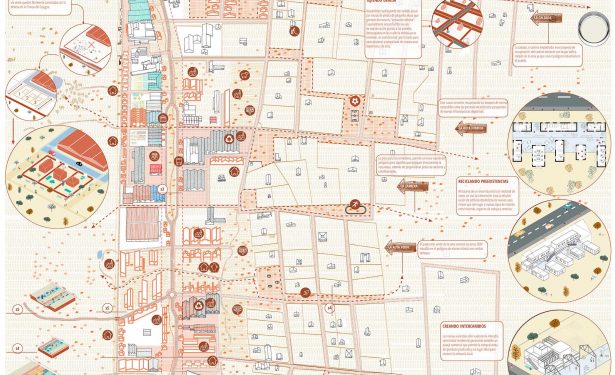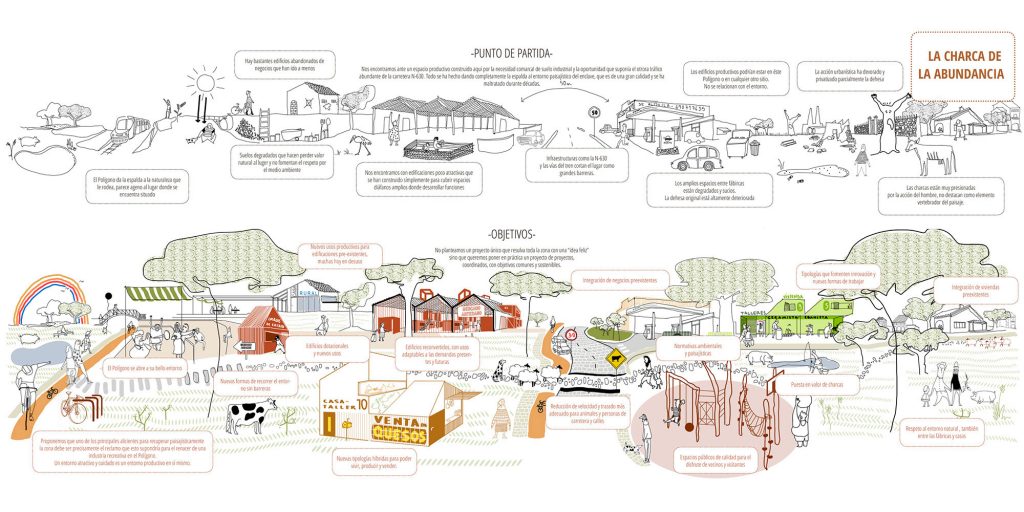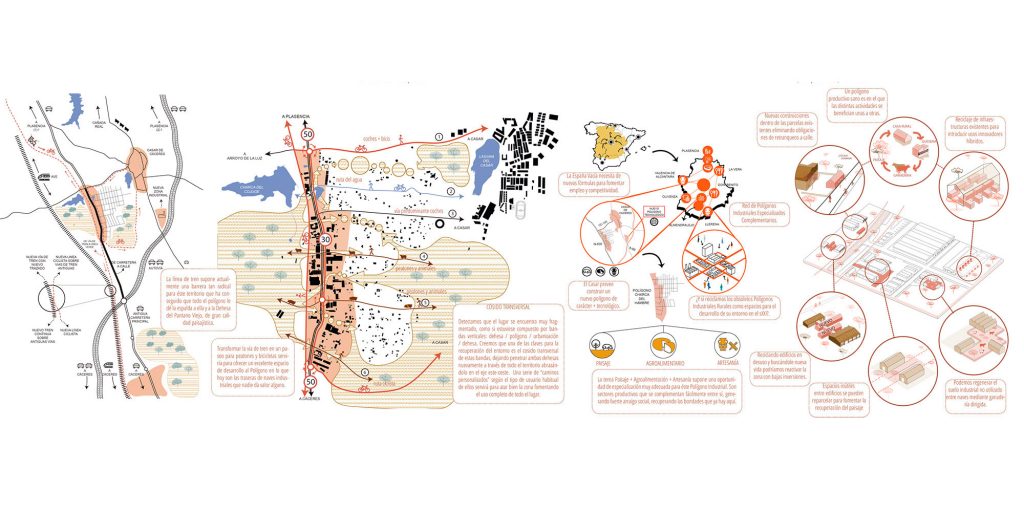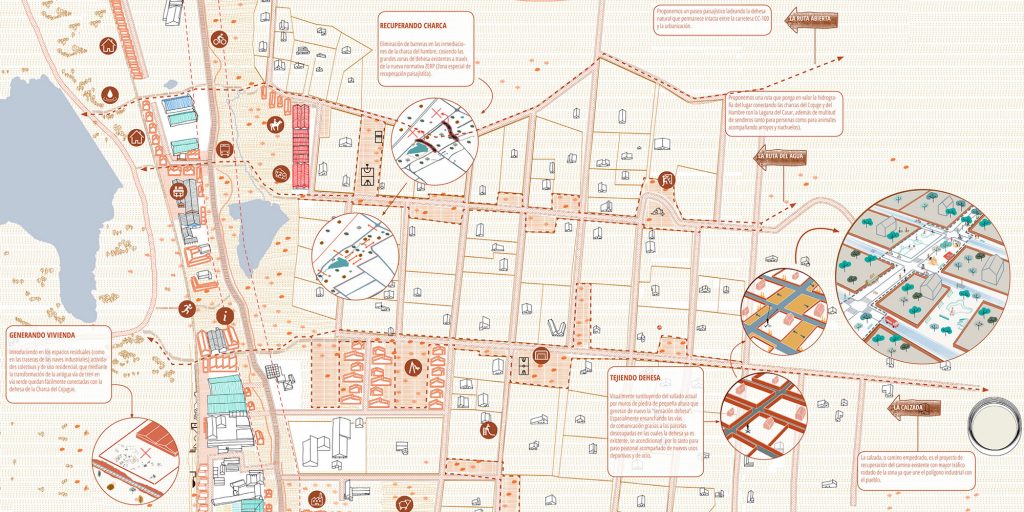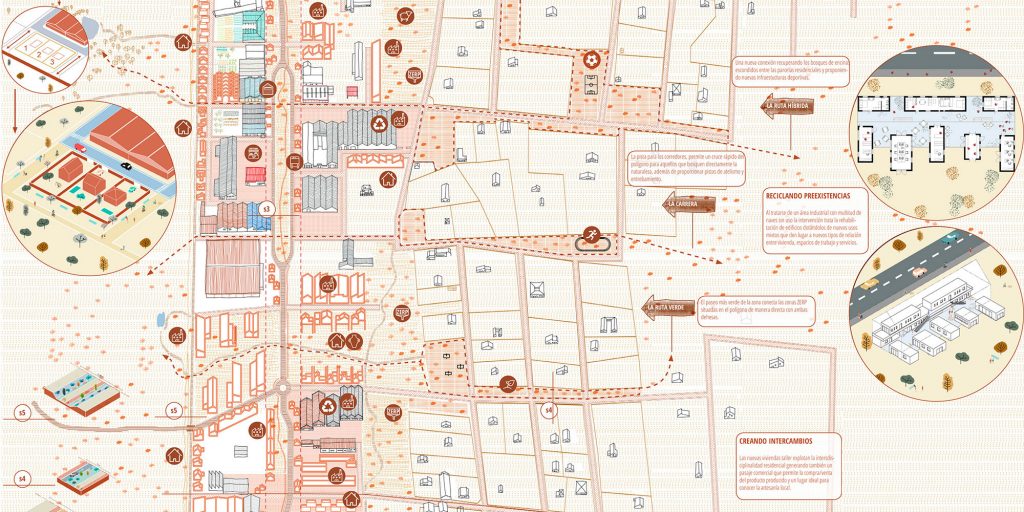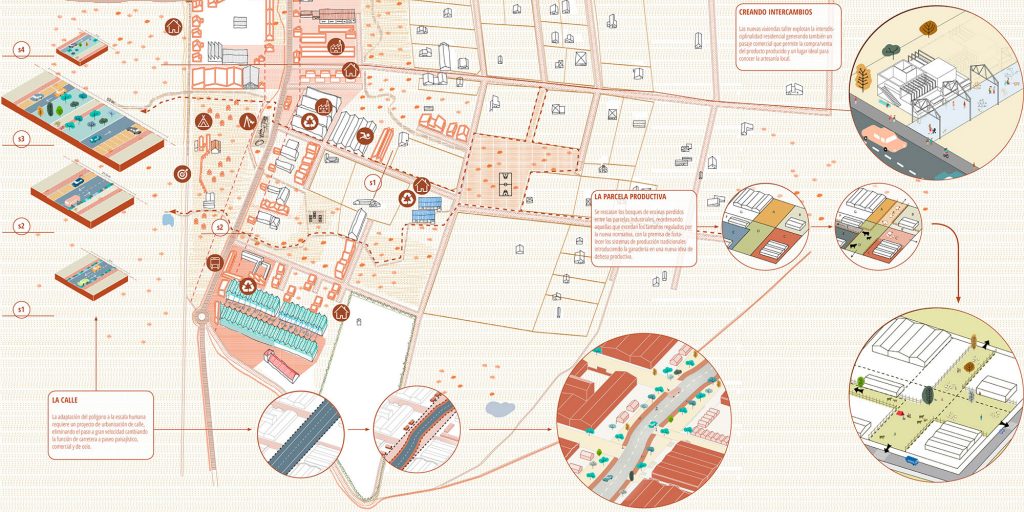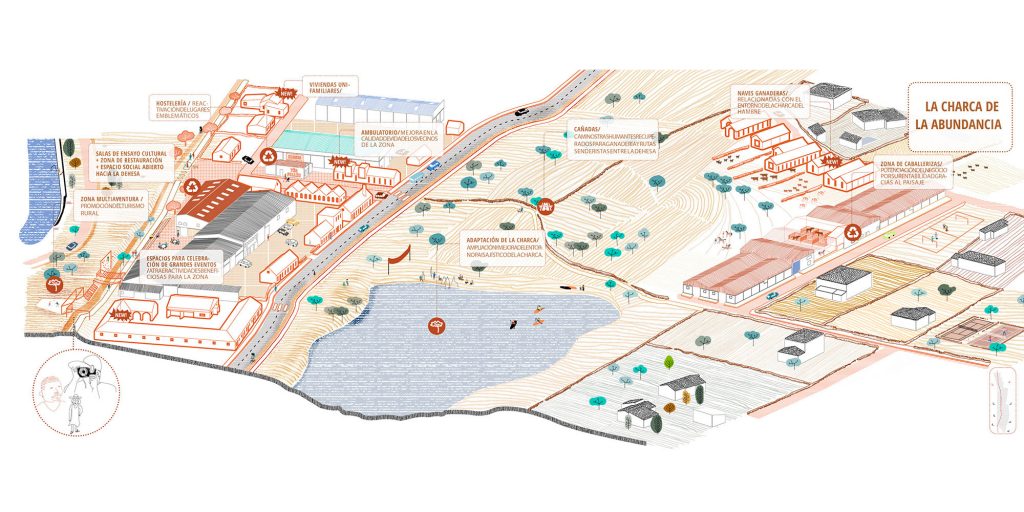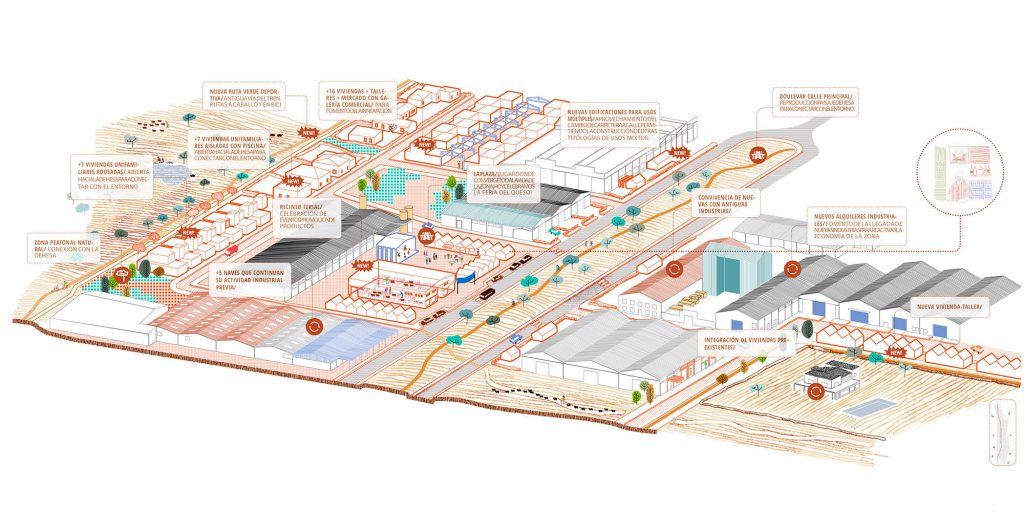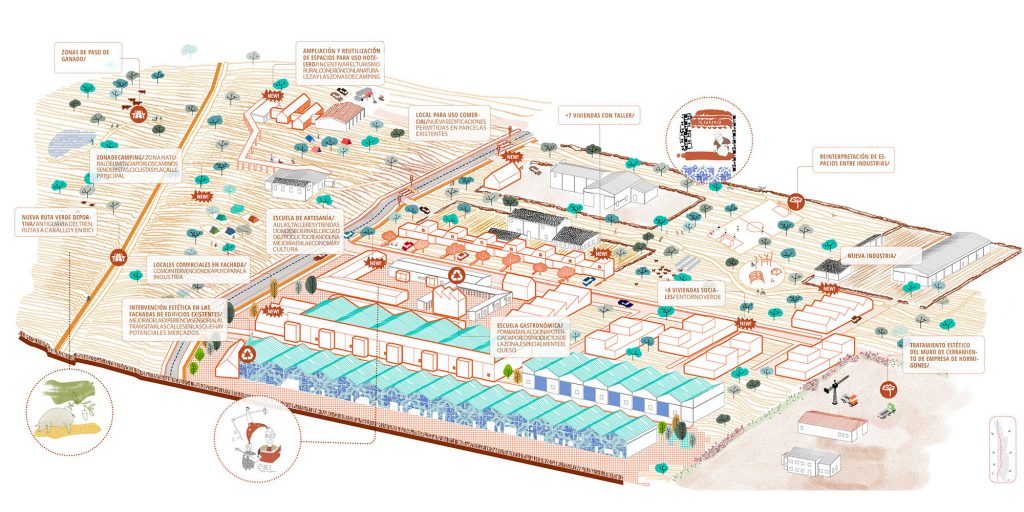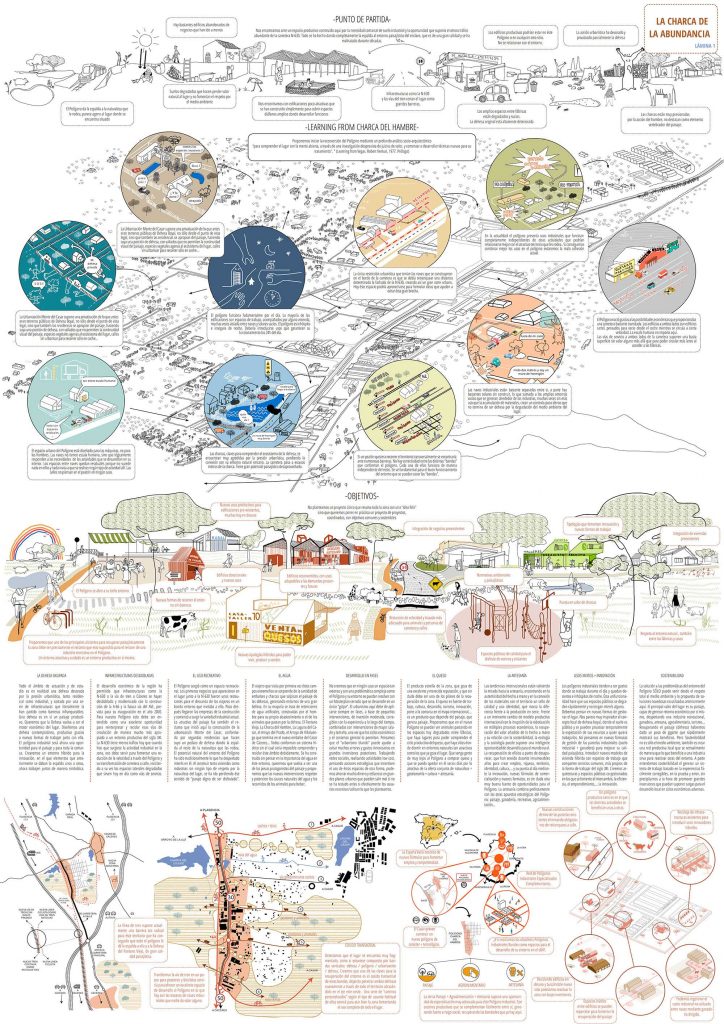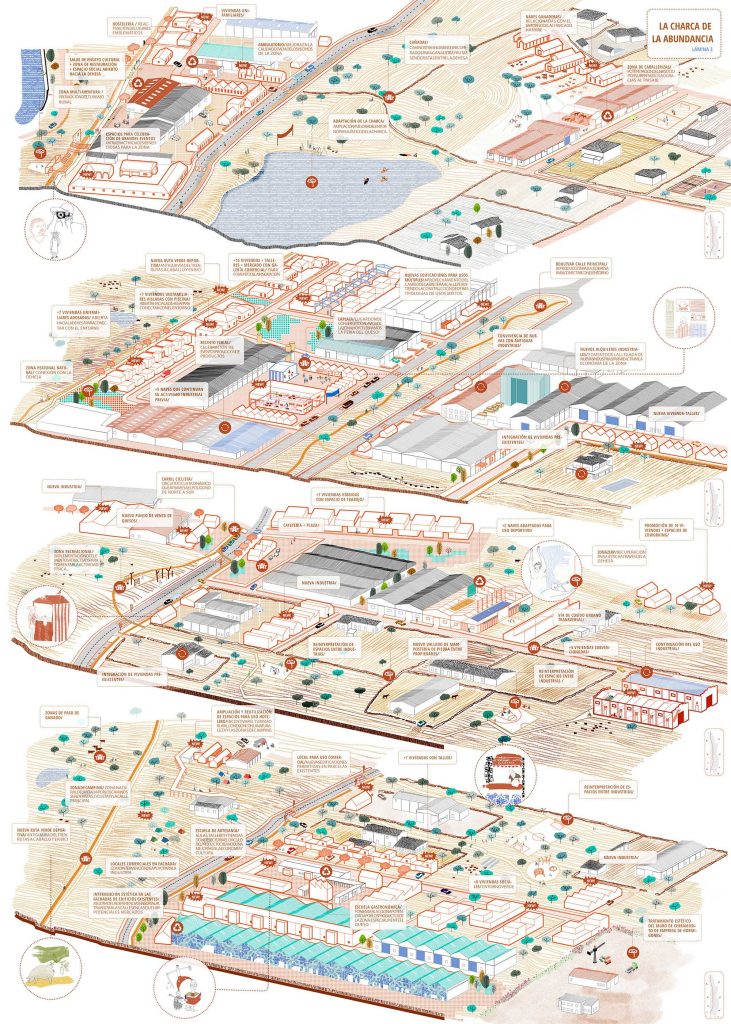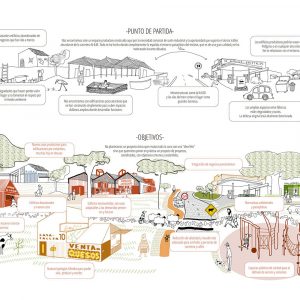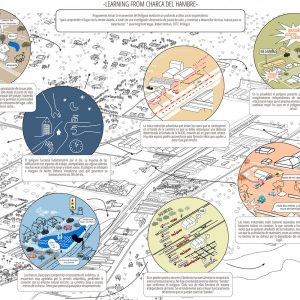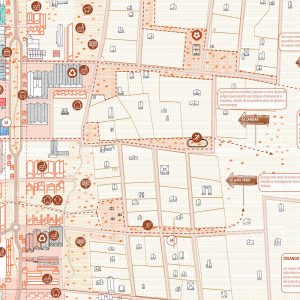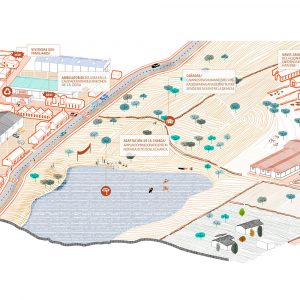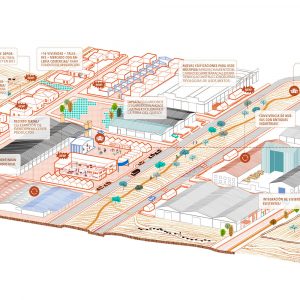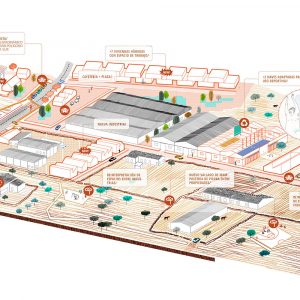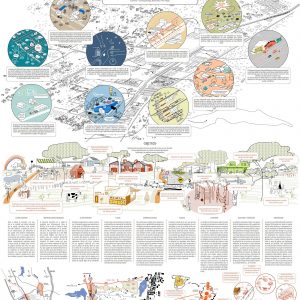- 13 March 2020
- 6776 defa okundu.
1st Prize, EUROPAN 15
OOIIO Architecture Team wins the 1st Prize in the Europan 15 International Urban Design Competition, in Casar de Cáceres, Spain.
The privileged natural environment of the site and its landscape, socio-cultural and productive potential quality offers us an extraordinary opportunity for regeneration.
The pre-existing pasture has been attacked in recent decades by various invasive human actions, related to specific economic moments.
It seems incredible that the neighbors of the area cannot be seen enjoying the beautiful places they have just a few minutes from their homes. That is because over the years it has acted without any respect for the main value of the site, its landscape.
Infrastructures such as the N-630 and the train tracks cut the environment as great barriers.The industrial estate is shown as a messy ghetto, little dense, without any appeal that degrades everything that is close to it. The Monte del Casar urbanization has partially privatized the pasture, creating legal land ownership conflicts, filling the site with barriers, thus ending its visual quality and natural landscape. The “Hunger Pond” itself that gives its name to the Polygon is very pressured by human action, in the middle of a very degraded semi- industrial natural environment.
We propose a project made by the sum of many projects, based on dialogue and participation, organized in phases that will be self-correcting over time and experience.
The main objective of all actions will be that the landscape becomes the protagonist of the environment again. We understand as landscape not only the natural values of a place, but also the cultural, economic, social, etc. We want to build a landscape adapted to a wide variety of contemporary and future uses and forms of production.
A pasture is itself a productive landscape. We want the Dehesa to be the economic engine of the place again. A contemporary, productive pasture thanks to new ways of working together with her.
The industrial area will now be an opportunity for the landscape and for the entire region. We will create a hybrid environment for innovation, in which elements that previously turned their backs on each other, now work together in a symbiotic way.
Jury Comments on the Winner proposal:
An ambitious yet realistic project. It proposes a series of strategic lines for an integrated recovery of the area, implemented by means of specific policies and actions which set the pace for the process. The project dossier complements the A1 panels, in which potential scenarios are set out in a credible development.
The development it proposes is credible and versatile, it integrates strategies on different scales and a diversity of scenarios such as infrastructure, the roads, regulations, the cultural and educational sphere, etc. The economic, social and environmental factors affecting the area and its inhabitants are taken into account right from the start.
Context previous brief:
CASAR DE CÁCERES. CREATING PROXIMITIES. INTERFACES
Site proposed by the Regional Government of Extremadura in collaboration with the Casar de Cáceres Town Council
Casar de Cáceres has a population of roughly 4,500. It is 8 km from Cáceres city, barely 10 minutes by car.
The project area is the Charca del Hambre industrial estate, on the outskirts of the town. This area has a powerful linear structure, defined by the N‐630 highway and the railway line. This industrial zone played a major role before the new access road to the town from the A66 motorway was opened. Its environs have considerable environmental value: the Charca del Hambre and Cojuge natural ponds and the surrounding grasslands. This in itself is a great opportunity to rethink the land that defines the industrial zone.
The industrial estate has to open up to mixed uses, including residential options, and the former national highway will be converted into a town road. The linear infrastructure and its easements are under public ownership, as are the plots shown in red on the plans. The aim is to promote public and open spaces that help to connect this area to the town and also to the natural meadow and pond landscape. Contacts and meetings have been held with the businesses in the sector, opening the way to a participative process that will facilitate the revaluing of the land, industries and jobs.
The commission for the winning team will be a Planning project for the area which will seek a nexus between the different zones and also foster sustainable mobility.

